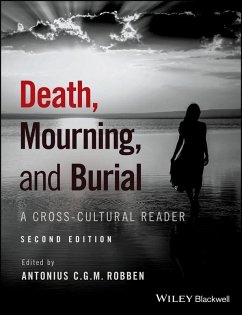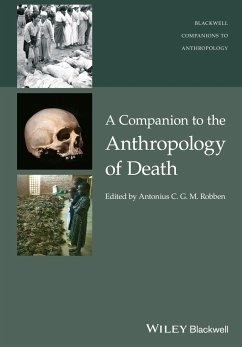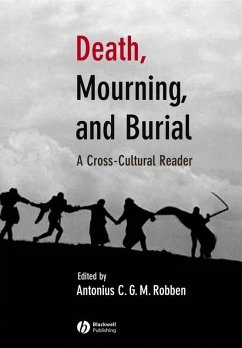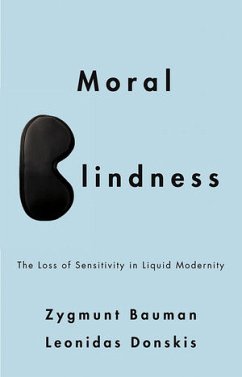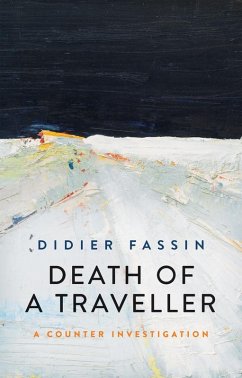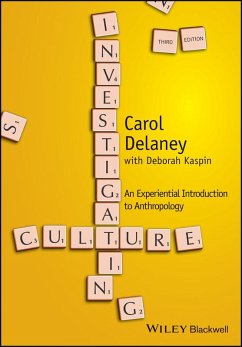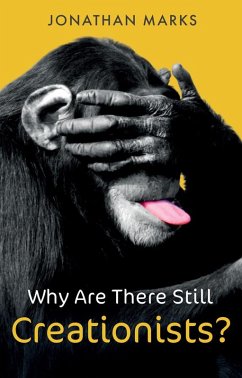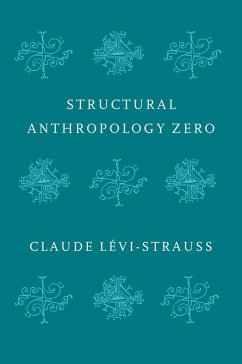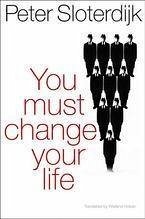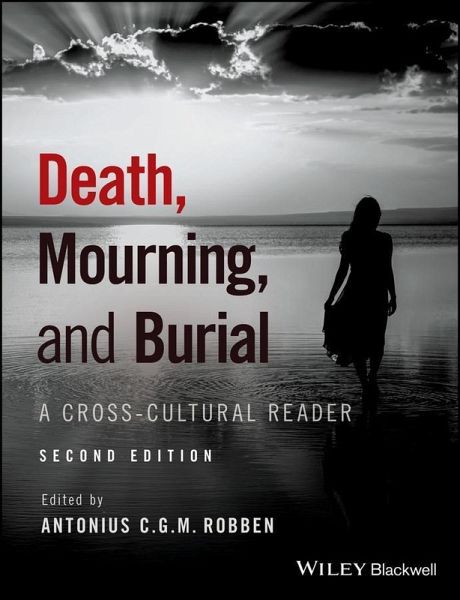
Death, Mourning, and Burial (eBook, PDF)
A Cross-Cultural Reader
Redaktion: Robben, Antonius C. G. M.
Versandkostenfrei!
Sofort per Download lieferbar
56,99 €
inkl. MwSt.
Weitere Ausgaben:

PAYBACK Punkte
0 °P sammeln!
The definitive reference on the anthropology of death and dying, expanded with new contributions covering everything from animal mourning to mortuary cannibalism Few subjects stir the imagination more than the study of how people across cultures deal with death and dying. This expanded second edition of the internationally bestselling Death, Mourning, and Burial offers cross-cultural readings that span the period from dying to afterlife, considering approaches to this transition as a social process and exploring the great variations of cultural responses to death. Exploring new content includi...
The definitive reference on the anthropology of death and dying, expanded with new contributions covering everything from animal mourning to mortuary cannibalism Few subjects stir the imagination more than the study of how people across cultures deal with death and dying. This expanded second edition of the internationally bestselling Death, Mourning, and Burial offers cross-cultural readings that span the period from dying to afterlife, considering approaches to this transition as a social process and exploring the great variations of cultural responses to death. Exploring new content including organ transplantation, institutionalized care for the dying, HIV-AIDs, animal mourning, and biotechnology, this text retains classic readings from the first edition, and is enhanced by sixteen new articles and two new sections which provide increased breadth and depth for readers. Death, Mourning, and Burial, Second Edition is divided into eight parts reflecting the social trajectory of death: conceptualizations of death; death, dying, and care; grief and mourning; mortuary rituals; and remembrance and regeneration. Sections are introduced through foundational texts which provide the ideal introduction to this diverse field. It is essential reading for anyone concerned with issues of death and dying, as well as violence, terrorism, war, state terror, organ theft, and mortuary rituals. * A thoroughly revised edition of this classic anthology featuring twenty-three new articles, two new sections, and three reformulated sections * Updated to include current topics, including organ transplantation, institutionalized care for the dying, HIV-AIDs, animal mourning, and biotechnology * Must reading for anyone concerned with issues of death and dying, as well as violence, terrorism, war, state terror, organ theft, and mortuary rituals * Serves as a text for anthropology classes and provides a genuinely cross-cultural perspective to all those studying death and dying
Dieser Download kann aus rechtlichen Gründen nur mit Rechnungsadresse in D ausgeliefert werden.




